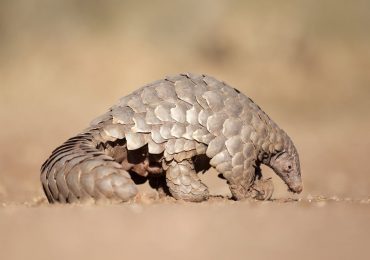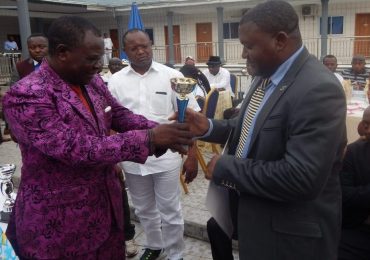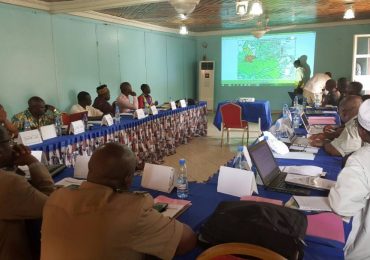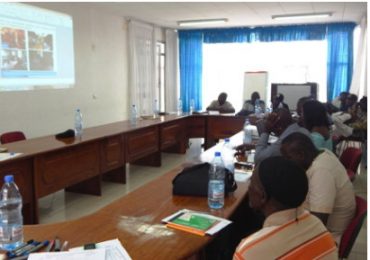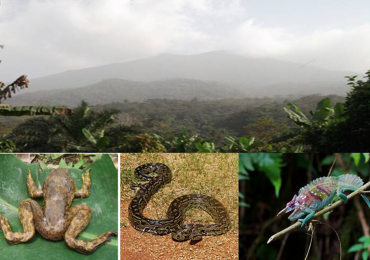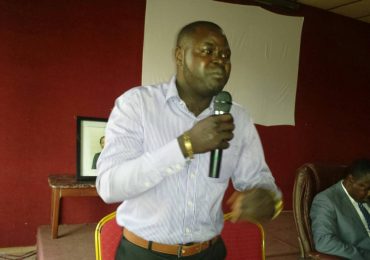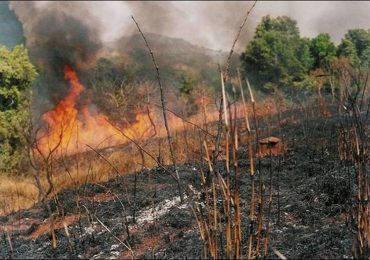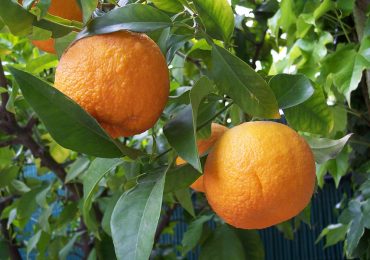Matthew Cassetta, focal point and general coordinator of the conference on the protection of the Congo Basin which assembled forest experts and researchers from Cameroon, Gabon, Republic of Congo, Democratic Republic of Congo, Rwanda, Burundi, Equatorial Guinea, Central African Republic and Chad in Yaounde, June 15-19, 2015, has stressed the need to seek more appropriate ways to tackle deforestation and wildlife threats in the region. He was interviewed by The Green Vision’s Anu Nkeze Paul. In the following interview, Cassetta confirmed that countries in the Congo Basin are so blessed with natural resources but the people do not yet value the resources or exploit them in a sustainable manner as expected by environmental advocates. He said they must understand that trees protect water resources, provide medicinal plants, fruits, food and logs for economic development. “Forest is a very valued resource that needs sustainable management,” says Cassetta.
GVN: What does this conference intend to achieve?

Matthew Cassetta: The first objective is to help all the countries in the Congo Basin to work together in synergy to take collective decisions and actions that will help to protect the ecosystem and biodiversity of the region; to adopt good strategies that can sustain this second world forest reserve to help curb the effects of climate change. It would also to enable these countries exchange and share best practices in each country, examine other issues like sustainable sources of finance, possibilities of green economic development in the region, combating and tracking wildlife crime and above all promote good governance.
From what you have said, the Congo Basin forest faces some threats.
Matthew Cassetta: There is serious deforestation and continued purchasing of threaten wildlife species. Let me use this opportunity to inform the public that many species are already becoming extinct in this region. If something is not done to check this declining trend, the populations may sometime in the future suffer the effects. Remember that these resources will also be needed by the future generations. It is time to make responsible decisions and encourage sustainable extraction of these resources.
Have the conference participants made any major recommendations for the protection of the Congo Basin?
Matthew Cassetta: Yes, we have recommended the putting in place of a new technical committee to enhance forest management in the region; identification of threatened wildlife and plant species, setting up of a convergence plan to foster governance and implicate other partners. Many international partners have equally agreed to come on board with expertise and financial resources. For example, the European Union and United States have made firm commitments to support actions of governments and civil society groups and to continue sensitizing the population on the importance of forests to livelihoods. Foster governance at all levels for transparent management.
Matthew Cassetta: Did you think it was worth spending huge sums of money on this conference instead of financing grassroots projects?
I think fostering dialogue among member states of the Congo Basin is a very important step to achieve good results on the ground. We need to constantly change management strategies where they are not working in order to obtain good results. It also important to interact with international donors and strengthen cooperation. There is need for green economic development and finance which would require the support of the western countries. It is always important for partners to meet from time to time and do evaluation.


